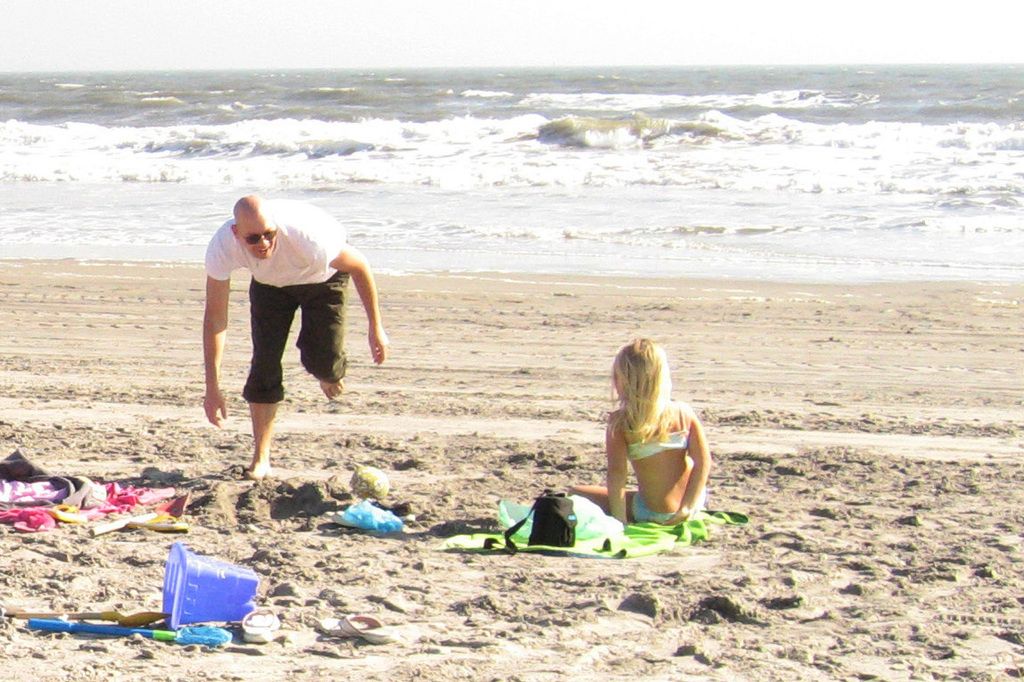Navigating Storm Damage: A Guide to Insurance Coverage
Insurance Coverage for Hurricane Damages: Determining What Each Policy Covers
When storms strike, it's crucial to know which insurance covers what damage to help you navigate the aftermath. Here's a breakdown from the German Insurance Association (GDV).
1. House Gallops or Skies the Limit
If a storm causes damage like breaking tiles, windows, or chimneys, your building insurance will likely cover the repair costs. This includes subsequent damage, such as damp walls or floors from leaking roofs or broken windows.
2. Soaked Furniture Troubles
If infiltrating water ruins your furniture, household items, or clothes due to broken windows or damaged roofs, your household contents insurance usually pays for the repair or replacement. But remember, you're expected to reduce the damage as much as possible. For example, seal windows and move items to safety if you can.
3. Wet and Wild: Flooding Woes
Add-on modules for elemental damage in your household contents or building insurance are necessary when flooding damages your property. However, insurance only covers water entering due to overflowing waters, weather-related precipitation, or groundwater appearing at the surface and entering the house from above. If groundwater or precipitation seeps in from below, you might find yourself out of luck.
4. Vehicles at Risk
If a storm damages your car due to flying debris or flooding, your comprehensive car insurance will likely cover the costs. Those without comprehensive coverage have little to no protection for this type of damage.
5. Flying Objects and Neighboring Troubles
If your unsecured garden furniture damages someone's property or injures them, you'll be covered under your private liability insurance. If you've taken sufficient precautions and the furniture still flew away, the building insurance and the injured party's health insurance might step in.
6. Ouch! Storm Injuries
If you get hurt during a storm, your health insurance will cover your medical bills, and your private accident insurance might provide coverage for permanent damage — assuming you have the latter policy.
With each type of insurance having specific conditions and exclusions, it's essential to familiarize yourself with your policy details to ensure adequate storm damage coverage.
- Real Estate
- Apartment
- Tenant
- Landlord
- Rent
- Insurances
- Financial Test
- Storm
- Flood
- Natural Disasters
Enrichment Data:
When dealing with storm-related damage to household goods, residential buildings, cars, or personal injuries, various insurances offer protection:
Insurance Coverage for Storm Damage
1. Homeowners Insurance
- Coverage: This usually includes protection for residential buildings and household goods against wind, hail, and wind-driven rain damage. Structures such as roofs and walls, as well as personal property inside the home, are often covered.
- Exclusions: Damage caused by flooding, storm surges, and gradual wear and tear typically aren't covered unless there's specific additional coverage, such as flood insurance.
2. Flood Insurance
- Coverage: Flood insurance deals with damage caused by storm surges, flooding from rising water, and other types of flood-related damage. It's available through the National Flood Insurance Program (NFIP) or private carriers.
- Exclusions: Typically doesn't cover wind damage or other non-flood-related storm issues.
3. Auto Insurance
- Coverage: Comprehensive auto insurance policies may provide coverage for damage to cars from storms, including wind, hail, and flood damage. While liability coverage is mandatory in most states, comprehensive coverage is optional but recommended for storm protection.
- Exclusions: Damages caused by collisions and other non-weather-related issues are usually covered elsewhere in the policy (collision or liability coverage).
4. Health Insurance or Personal Injury Protection
- Coverage: Personal injuries sustained during storms can be covered under health insurance, with some auto insurance policies providing personal injury protection (PIP) for injuries sustained in vehicle accidents.
- Exclusions: These policies typically don't cover storm-related property damage but focus on medical expenses.
5. Umbrella Policies (Optional)
- Coverage: Umbrella policies can provide extra liability coverage if someone gets injured on your property during a storm, offering protection beyond the limits of your homeowners or auto insurance.
- Exclusions: Umbrella policies are not designed to cover property damage directly but provide additional protection against potential legal liabilities.
- For tenants residing in an apartment, their landlord's homeowners insurance may cover storm damage to the building, while their personal belongings may be protected under a renter's insurance policy. This typically covers damages from wind, hail, and rain.
- In the event of a flood during a storm,the National Flood Insurance Program (NFIP) or private carriers can offer coverage for damage to both residential properties and cars, as standard homeowners insurance typically does not cover flooding.
- In the realm of finance and investing, owners of real estate properties should consider the benefits of umbrella policies. These optional policies can offer additional liability coverage beyond the limits of homeowners or auto insurance, providing extra protection if someone gets injured on the property during a storm or any other incident.








